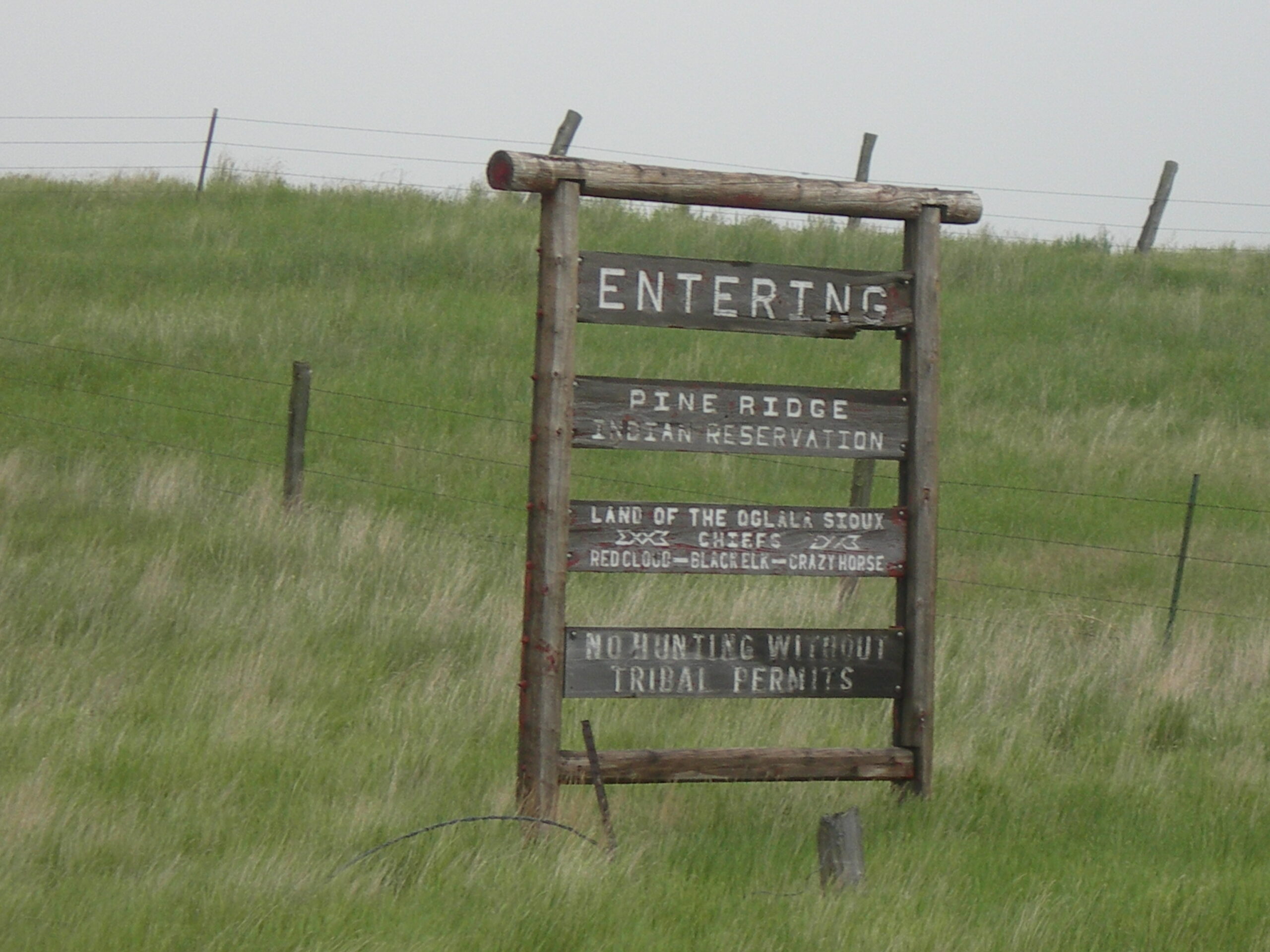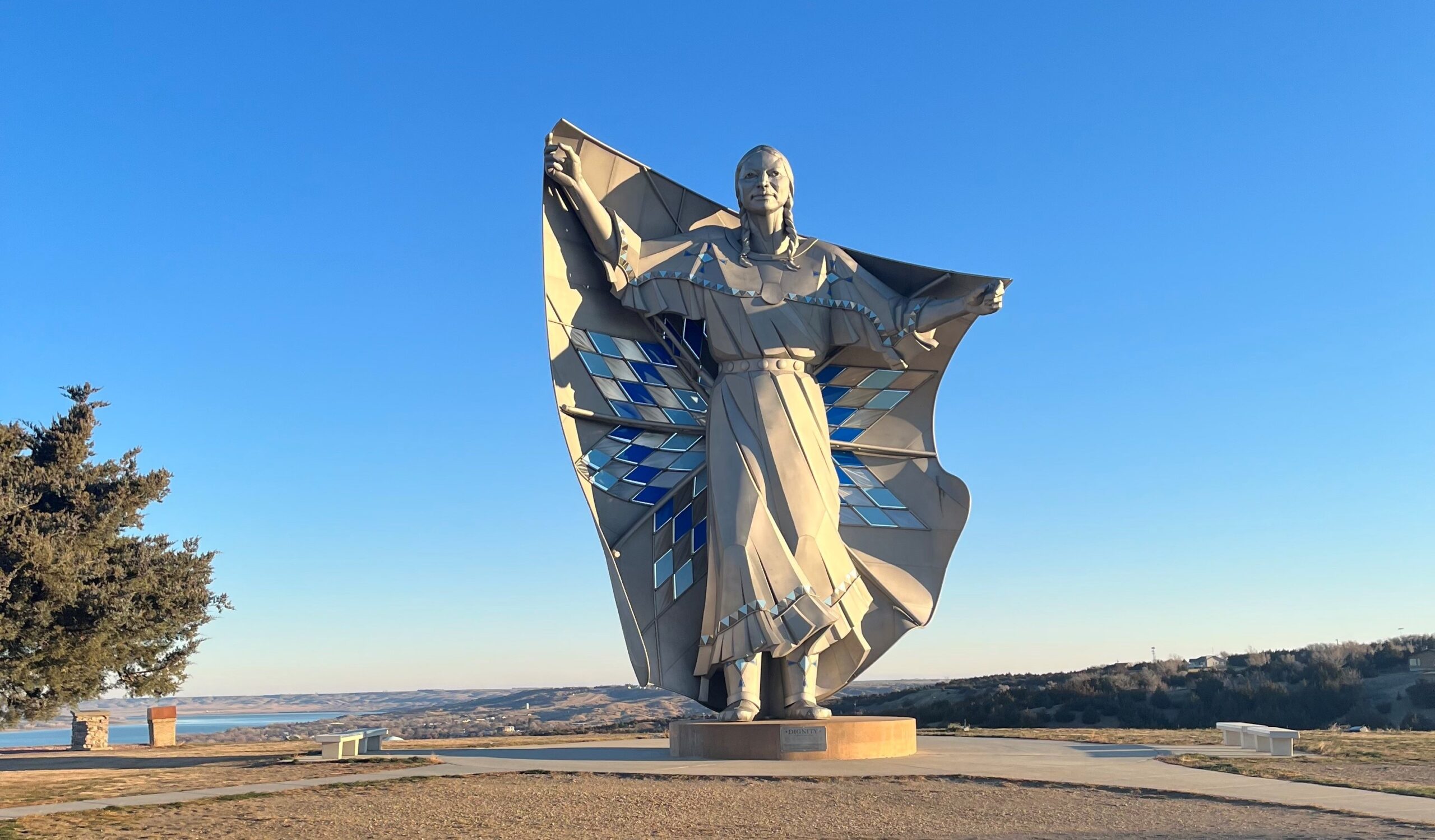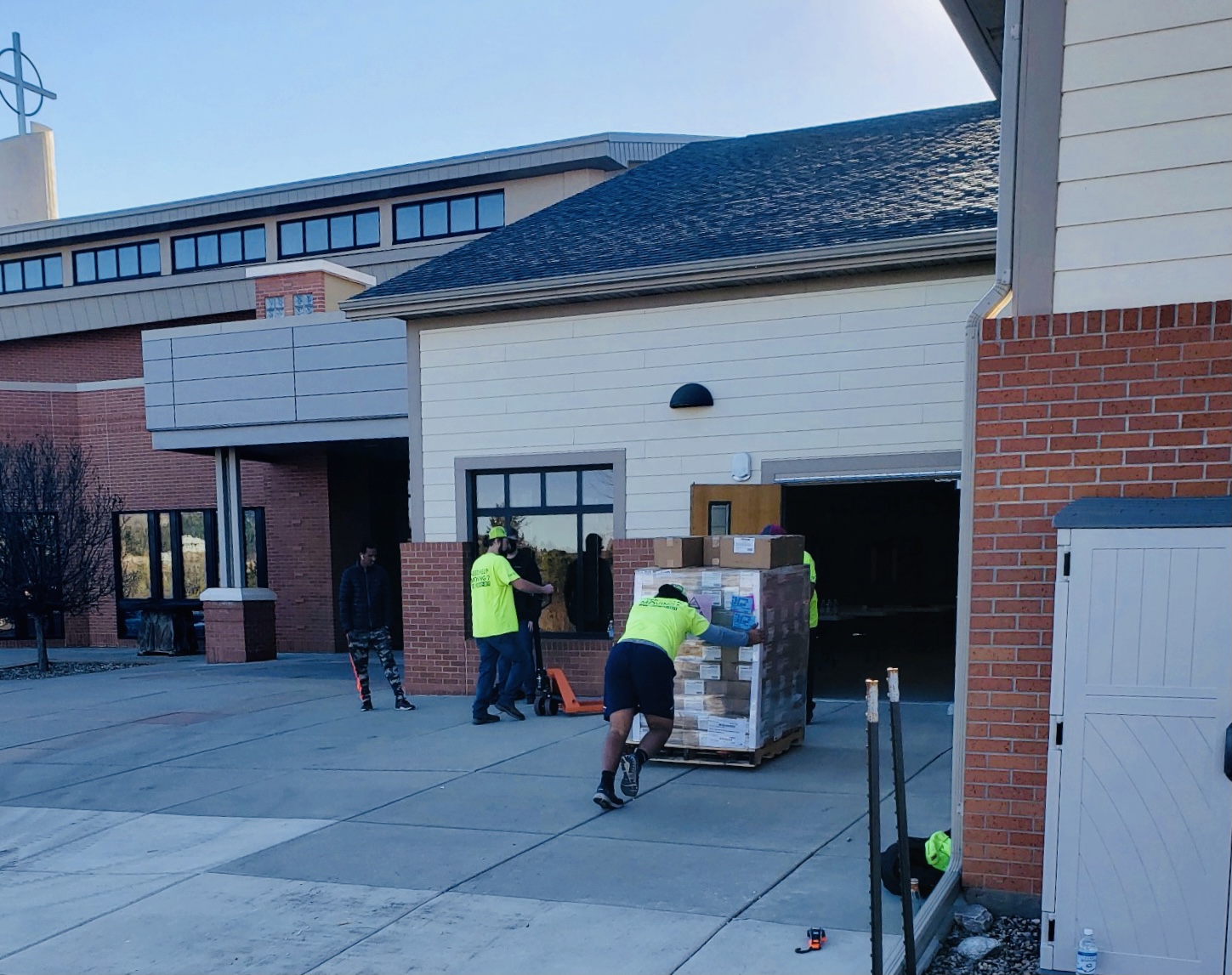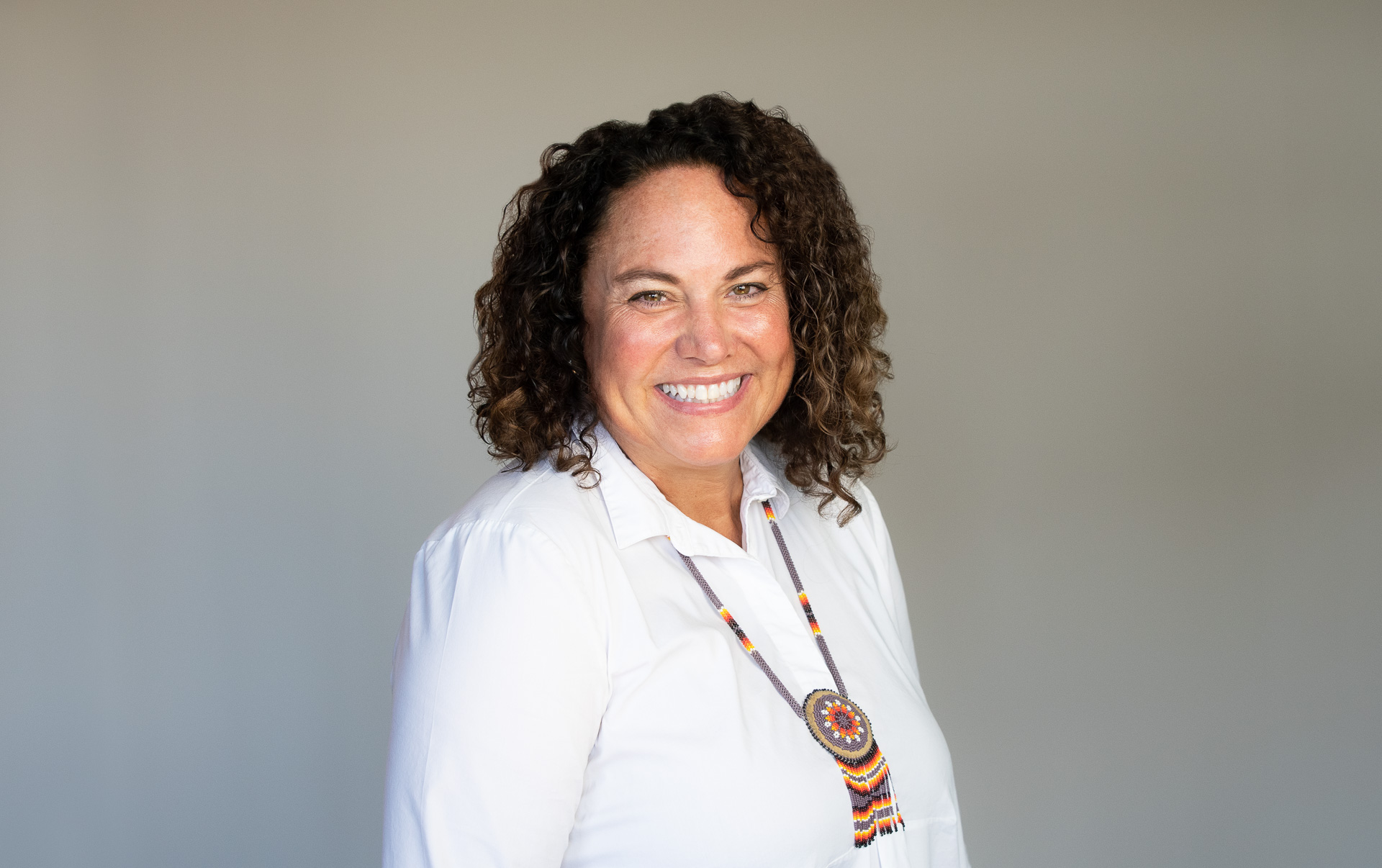Wanderings of a Wacicu in Foreign Nations
Being sensitive to others’ culture is important, especially when working with people of another race or ethnicity than your own. This is particularly true in philanthropy. The words we use and the position we take in the relationship (calling ourselves and “grantees” partners, rather than “funder” and “grantee”) are integral to working well in partnership […]

Being sensitive to others’ culture is important, especially when working with people of another race or ethnicity than your own. This is particularly true in philanthropy. The words we use and the position we take in the relationship (calling ourselves and “grantees” partners, rather than “funder” and “grantee”) are integral to working well in partnership with the communities we serve. It is also an essential step toward breaking down the hierarchy of power created during colonization and continues today.
I am no expert on any of these issues. In fact, whenever I visit with someone about my job or about working with Native American individuals and organizations, I always preface by saying, “I’m white, and I am not an expert in Native cultures.” My understanding is solely based on my life growing up in Western South Dakota and interacting with Native folks, primarily from tribes in the area.
But in sharing some of my experiences, learnings and reflections, I hope to offer some information and instill confidence in you – to venture out of your own culture and into other nations and invest in Native American projects.
Sovereign Nations
In my work at the Center for Disaster Philanthropy (CDP) with Native American and tribal communities working towards disaster recovery, I am a white foreigner in another nation. Tribal nations are sovereign nations with distinct governments that have the same powers as federal and state governments to manage their internal affairs (with a few exceptions).
My Native friends and “family” (I have no Native blood) refer to me as a “wacicu,” which I knew was usually derogatory, but a term they used teasingly with love. Often, I was the only wacicu in the room. During a recent Zoom meeting, a white pastor who is an amazing ally to Natives held a coffee mug that said “WACICU” – a gift from a Native friend. We all had a good laugh. The mug just put it out there – it is what it is – the meeting was a gathering of some Native folks trying to make a difference for their relatives and a handful of wacicus wanting to partner to help them do their good work.
Culture and Community
Each tribe has its own culture, politics, and relationships with other tribes, the state and the U.S. government. Some tribes are located on reservations while some are not, and most Native Americans live in urban areas.
Recently, CDP changed the name of the program for which I work from “Tribal Communities Disaster Recovery” to “Native American and Tribal Communities Disaster Recovery.” One concern that prompted this change was our realization that the term “tribal communities” doesn’t fit all communities and partners we work with. For example, tribes in Minnesota are not located on reservations or tribal lands; most of their citizens are Native Americans that reside off-reservation and in cities. The majority of Native Americans (U.S. Census reports 71%) live off federally defined tribal lands in cities. Additionally, some disaster recovery projects we’re funding are in support of tribal members on neighboring private lands.
At CDP, we strive to localize our grantmaking and focus on race, equity and intersectionality in all aspects of our organization. This means we want to work with the people affected by a disaster at the most local level.
For the Early Recovery Fund, it may not always directly include the tribe or tribal agencies, but we prioritize grassroots groups of individuals and organizations. Organizations that we work with should have boards, leadership and staff that are the same race as the people they are serving.
To respect the sovereignty of each tribe, CDP and/or our local partners ask to go before the tribal council before awarding a grant or starting work in a Native community. We share our goals to help build their people’s capacity to help their community recover from a disaster and prepare for future crises, respectfully ask permission to work there and seek their blessing.
Building Relationships & Decolonizing
So, how do I charter a path in these “foreign” nations? I try to do so very carefully, but I am more of a curious bull in a fine china store. The key is grace. I ask for grace, listen, learn, ask many questions, try to build relationships and trust, and am blatantly honest about my ignorance of Native ways. I put my foot in my mouth, probably even more than I am aware, apologize and laugh with others at my foibles.
Thanks to the grace of so many people I’ve met in this work, I’ve learned a lot about seeking out and building relationships, becoming a good partner and being an active decolonizer. Here are some of those lessons that I hope others in philanthropy will find valuable in efforts to be allies and address systemic inequities in Native American and tribal communities.
- A solid introduction is worth the time. Be patient! Introductions from a tribal member to another member or by a non-native person who has a relationship with the individual or organization make for a better start to a relationship.
- Build a personal relationship. You need to build a personal relationship with people, not a funder to grantee or organization to organization relationship. Simone Duran (Pueblo of San Felipe), program coordinator at the Notah Begay 3 Foundation, said they no longer use the word “grantee” as they try to move away from some Western language. NB3 and the organizations receiving funds are “community partners.” They are also moving away from reports to interviews and story-telling.
- Philanthropy should be relational, not transactional. In his book “Decolonizing Wealth,” Edgar Villanueva (Lumbee) talks about the Native principle of reciprocity, the belief that everything is interconnected and that a gift given today will be reciprocated later. But it is not a transaction; the gift implies a personal relationship between giver and receiver.
- Trust the local community. They know what is needed and what to do. After I visited with Raymond Burns (Anishinaabe), president of Leech Lake Tribal College, he summarized his understanding of the Native disaster recovery work of CDP, “So your work is really listening to the locals and empowering people to do this recovery work on their own; learn this and do it themselves.” He also introduced me to others from the Band.
- In Native culture, we are all related. There is a Lakota saying, “Mitakuye Oyasin,” sometimes used in prayer and ceremony, that means “all my relatives” or “all my relations.” It refers to the belief of connection and oneness with people, animals, plants and all forms of earth. My friends (now my relatives) at Wambli Ska Society, a partner of the Early Recovery Fund, call me Auntie Heidi, and I am honored to be part of their family.
It can be a long, awkward and sometimes challenging road from “stranger” to “partner” or even “family.” It is certainly worth the time and patience needed to build true relationships. I hope my wanderings on this page help you build relationships in all of your philanthropic endeavors. Wopila (thank you).
More like this

Recovery and Healing: The right thing in the right way

